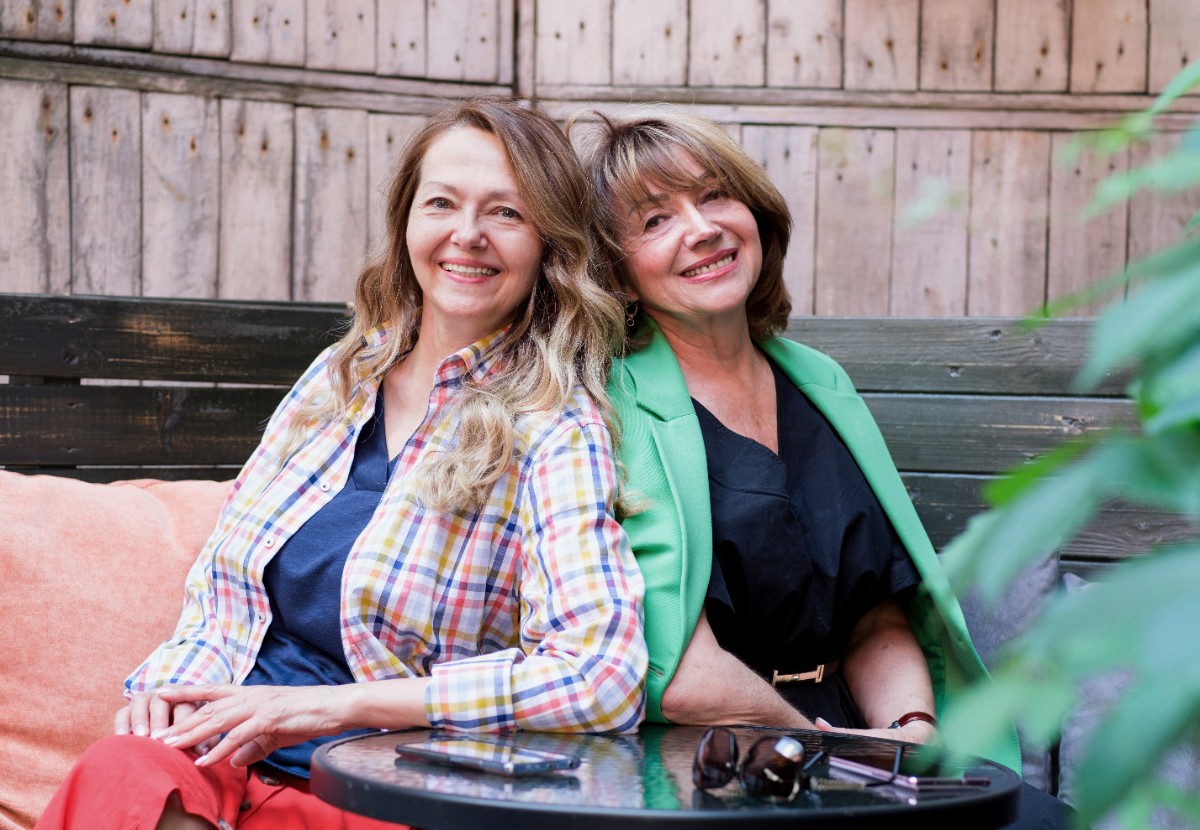12 Reasons Friends Fade Faster After 40 Than Before and How to Keep Connections Strong
As you get older, you might notice that some friendships don’t last as long or feel as close as they once did. The way people connect and maintain relationships changes over time, especially after you hit 40.
Understanding why friends tend to fade faster after 40 can help you navigate your social life more thoughtfully. This article will explore common reasons behind this shift, giving you a clearer view of how friendships evolve.
Changing priorities with family and career

You’ll likely find that your focus shifts more toward family and career as you get older. These responsibilities can take up a lot of your time and energy.
Because of this, you might not have as much availability to catch up with friends like you used to. Your schedule becomes tighter, and spontaneous hangouts are harder to fit in.
Your close relationships with family might demand more attention, making you prioritize them over socializing. Work commitments can also increase, especially if you aim for stability or advancement.

You likely notice fewer invitations to parties or casual hangouts as you get older. Social calendars tend to shrink after 40 because people prioritize work, family, and personal commitments more.
Events that once felt spontaneous become planned and rare. When gatherings do happen, they’re often smaller and more low-key.
This decline means fewer chances to connect casually. Without regular social events, friends can drift apart simply because you see each other less often.
Health issues limiting activity

As you get older, minor aches and pains can become a regular part of life. These health changes might make it harder to join friends for activities you once enjoyed.
When your energy or mobility decreases, you might skip social events more often. This can create distance between you and your friends without meaning to.
Sometimes, dealing with chronic illness or injury takes up much of your time and focus. Your friendships may naturally slow down as a result.
Your friends might not always understand why you’re less active. It helps to communicate openly about your health challenges so you can find new ways to stay connected.
Growing apart due to life changes
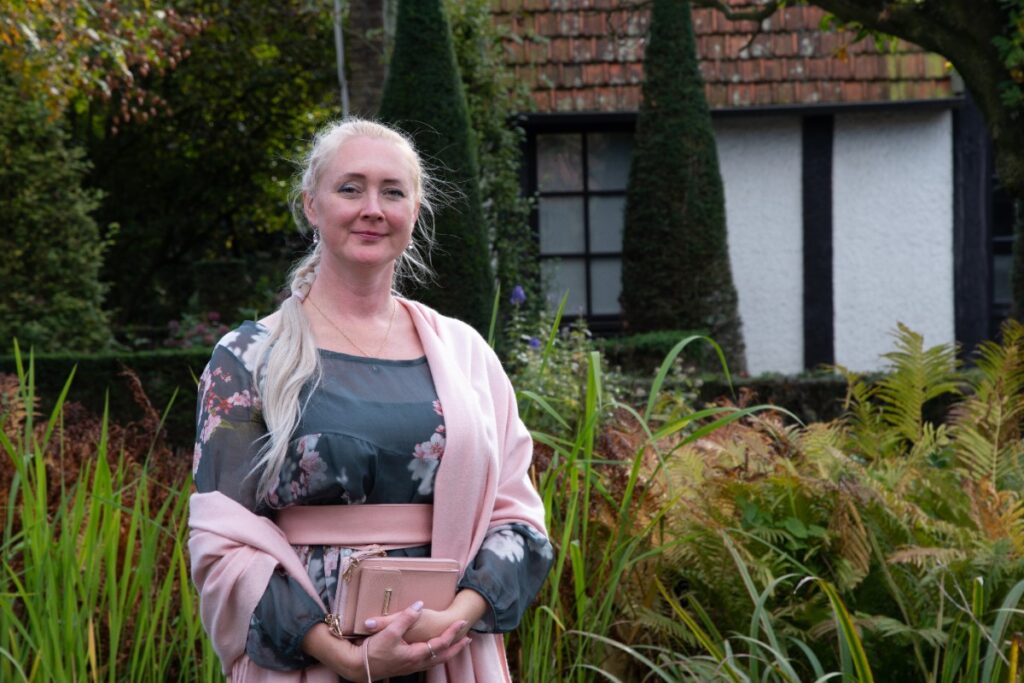
You and your friends often face big life changes after 40. Careers can shift, families expand, or health priorities become more important.
These changes can change your daily routines and interests. You might find that the things you once bonded over no longer fit your life.
It’s natural to grow apart when your goals and values evolve. You may want different things now, which can make regular connection harder.
Less tolerance for drama
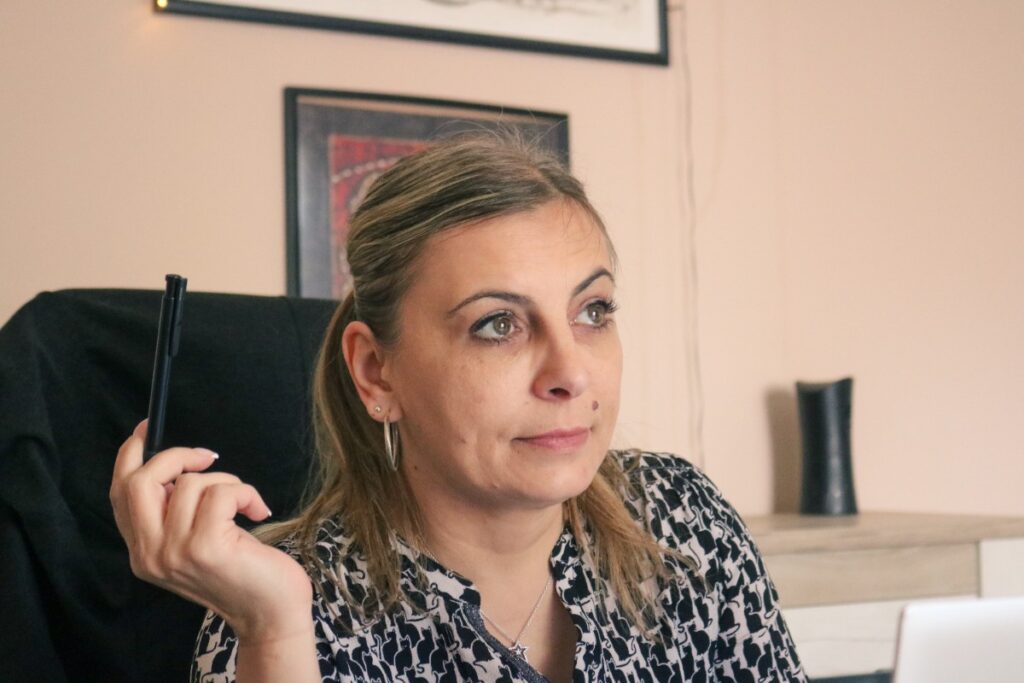
As you get older, you tend to have less patience for unnecessary drama. Life gets busy, and you value calm and straightforward interactions more.
You might find yourself stepping back from friends who bring constant conflict or emotional chaos. It’s not about being harsh but protecting your peace.
You’re likely to focus on relationships that feel supportive and positive. When drama takes up too much energy, it’s natural for friendships to fade faster after 40.
Busy schedules with multiple responsibilities

As you get older, your calendar starts to fill up fast. Work, family, and personal commitments all demand your time.
You might find it harder to carve out moments for friends. Even a quick catch-up can feel like a big task.
Juggling these responsibilities often means you say yes to fewer social invitations. It’s not about losing interest but having less availability.
Relocation for work or retirement

You might find yourself moving for a new job opportunity or to enjoy retirement in a different place. These moves often create physical distance between you and your friends.
When you’re no longer nearby, it’s easier for friendships to slow down. Catching up can feel harder to schedule or less spontaneous.
New responsibilities and routines take priority, so maintaining old friendships can become a challenge. It takes extra effort to stay connected when life pulls you in different directions.
Shifts in interests and hobbies

As you get older, your priorities and hobbies often change. What excited you in your 20s or 30s might not hold the same appeal now.
Your friends might discover new passions, while you focus on different activities. This can create distance when you don’t share common interests.
You might find yourself wanting quieter weekends or new challenges, while others stick to familiar routines. These shifts can naturally slow down how often you connect.
Increased focus on immediate family
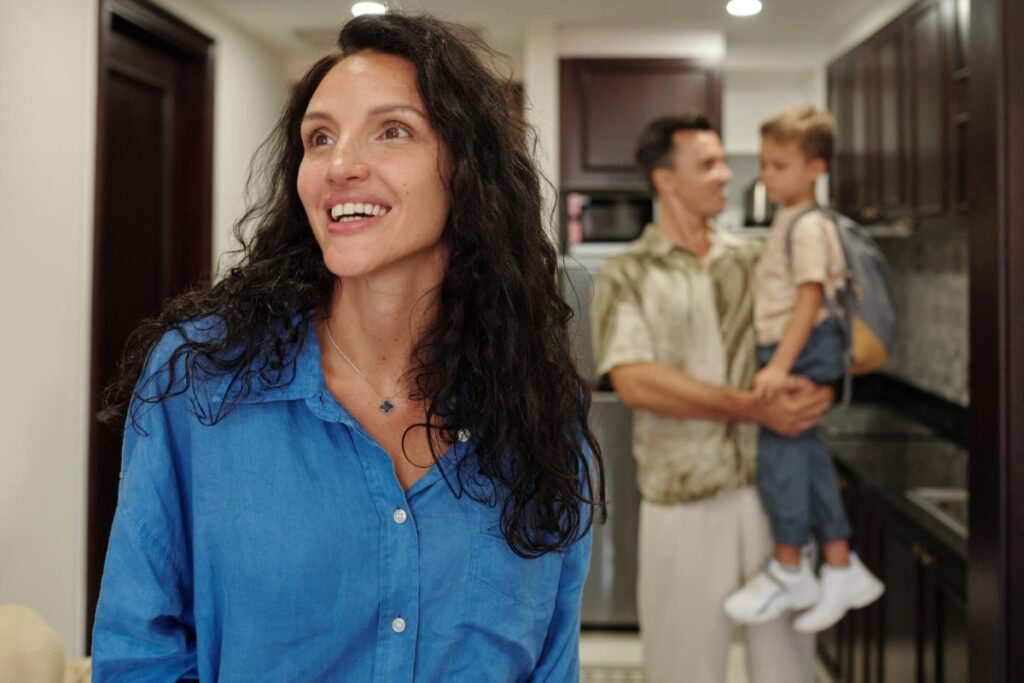
As you get older, your priorities often shift toward your immediate family. You might spend more time with your spouse, children, or aging parents.
This focus can reduce the time and energy you have available for friends. Family commitments feel urgent and important.
You may also find more emotional support at home. This can make friendships feel less essential than they once were.
Technology gaps affecting communication

You might notice that technology plays a bigger role in staying connected now. If your friends use different apps or platforms than you do, it can create small barriers.
Sometimes, you may prefer phone calls while others lean on texting or social media. This difference in communication habits can cause messages to be missed or delayed.
Also, learning new technology can feel overwhelming. When you or your friends don’t share the same comfort level with tech, it’s easier to drift apart without regular contact.
Emotional fatigue from past conflicts

When you get older, old conflicts can weigh heavier on you. You might find it harder to brush off disagreements like you once did.
You may notice that revisiting those past issues drains your energy more quickly. This emotional fatigue can make you less willing to engage.
Because of this, you might avoid certain friends to protect your peace. Holding onto past hurt can change how close you stay to others.
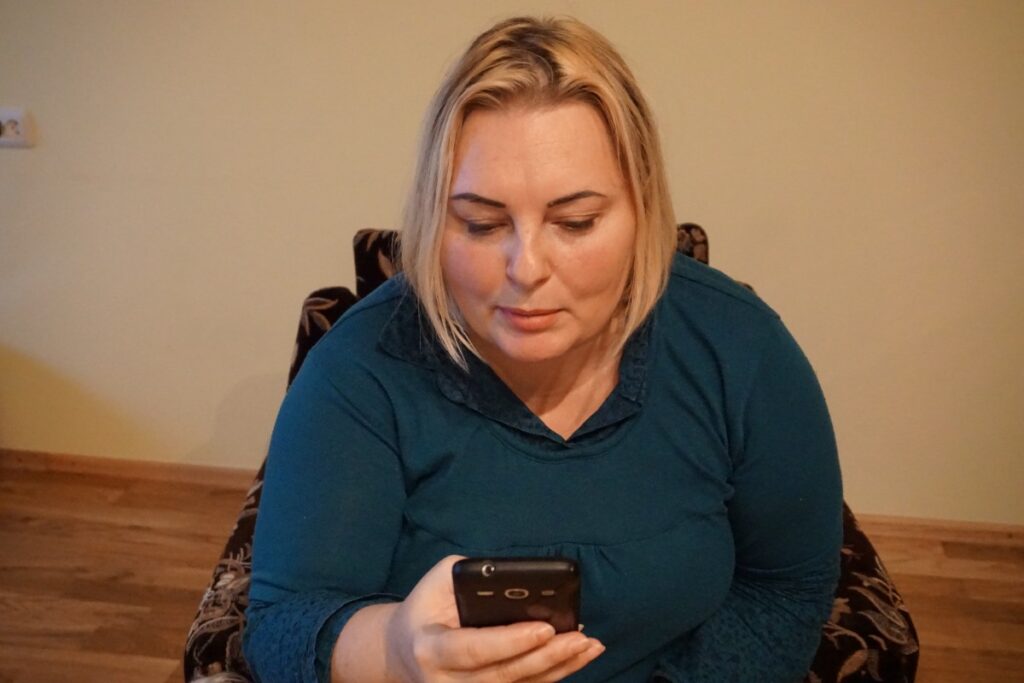
As you get older, you often care less about what others think of you.
The need to seek approval or fit in tends to fade.
You become more comfortable with who you are.
This can change the way you interact with friends.
You might prioritize different qualities in relationships.
Some connections naturally become less important, and that’s okay.

